Affairs / Kyiv
Life during wartime
Ukrainians are making plans for a victorious future but most accept that peace is still a long way off. In the latest in a series of dispatches for monocle, a Ukrainian writer-turned-reservist reports from the front line.
Documents, ammunition kit, AirPods. These are the contents of my backpack. I am stationed near the border with Belarus, and over there, across the Uzh river, are units of Ukrainian intelligence and border guards. I patrol this area at night, hiding with a thermal imager in thickets of maple or young birch. We are in close contact with the border detachments, we share food and cigarettes, news and information.
My subordinates – and there are seven of them – dream of returning home, to business, families and the affairs of their lives. There’s a used-car dealer, a father of three children. A karate coach, a 24-year-old boy who loves children and hates adults. A 50-year-old former punk who has visited all the drinking establishments of Kyiv. A lover of Russian rock, who justly suffers from our ridicule; because of his poor health he works in the mess kitchen. A young man with criminal tendencies who constantly gets into trouble and provokes the command to impose punitive sanctions. And all seven are commanded by me, a writer with depression and anxiety.
Though our unit no longer participates in battles, we are also a part of this big puzzle working for victory. We are tired, the vice of monotony squeezes us, depresses us, makes us constantly think about the expediency of our stay in these forests. At least we have regular time off to remember who we were in a past life. And so, I’m often driving back along the empty road to Kyiv, the suburbs of which meet me with abandoned trenches and roadblocks. Once you get past these, it turns out that the capital has been living its usual pre-war life. Traffic jams, crowds of people, restaurants, coffee shops – everything works as before. New shops are opening; cultural events are being held; new films are playing in cinemas. What reminds me of war? Concrete blocks and metal anti-tank “hedgehogs” on the roadsides, military patrols and windows taped crosswise – just in case. Air-raid sirens sound almost every day but, until recently, no one paid much attention to them. Now they run for cover.
President Zelensky is adamant and categorical. His firm position on negotiations with the Russian Federation is well suited to public demands. No compromises with the aggressor as long as Putin remains president. Of course, this strategy is directly correlated with Western military and financial aid, and the successes of Ukrainians at the front. But such a plan gives confidence to all of us and faith in victory. I didn’t support Zelensky in the 2019 election and I am unlikely to vote for him in the next. For me, he is an artist whose place is on the stage, not at the helm of the biggest country in Europe, waging the continent’s largest war in 70 years. But his public behaviour during this war is mostly satisfactory to me and to many of his harshest critics.
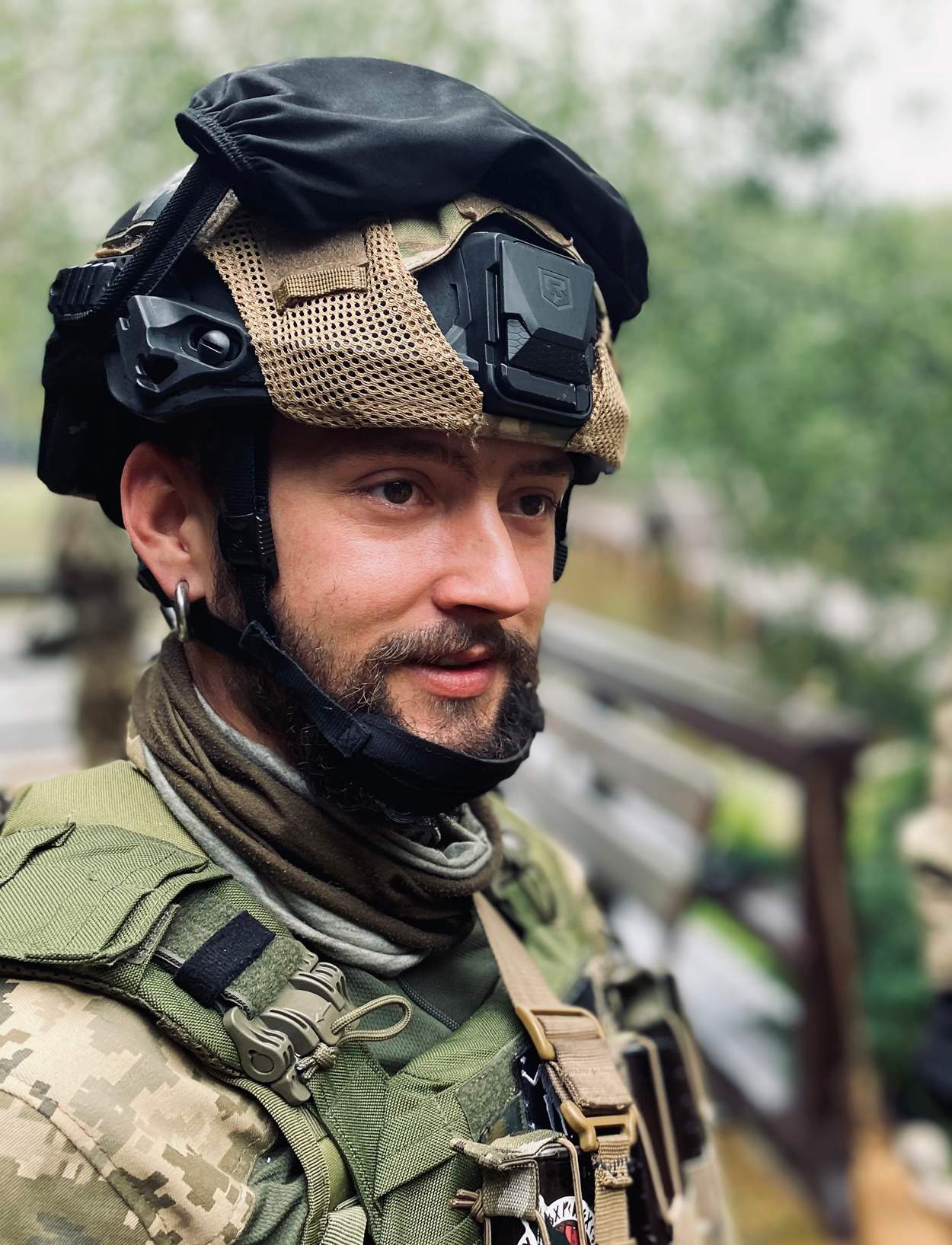
‘Shket’, film-industry gaffer
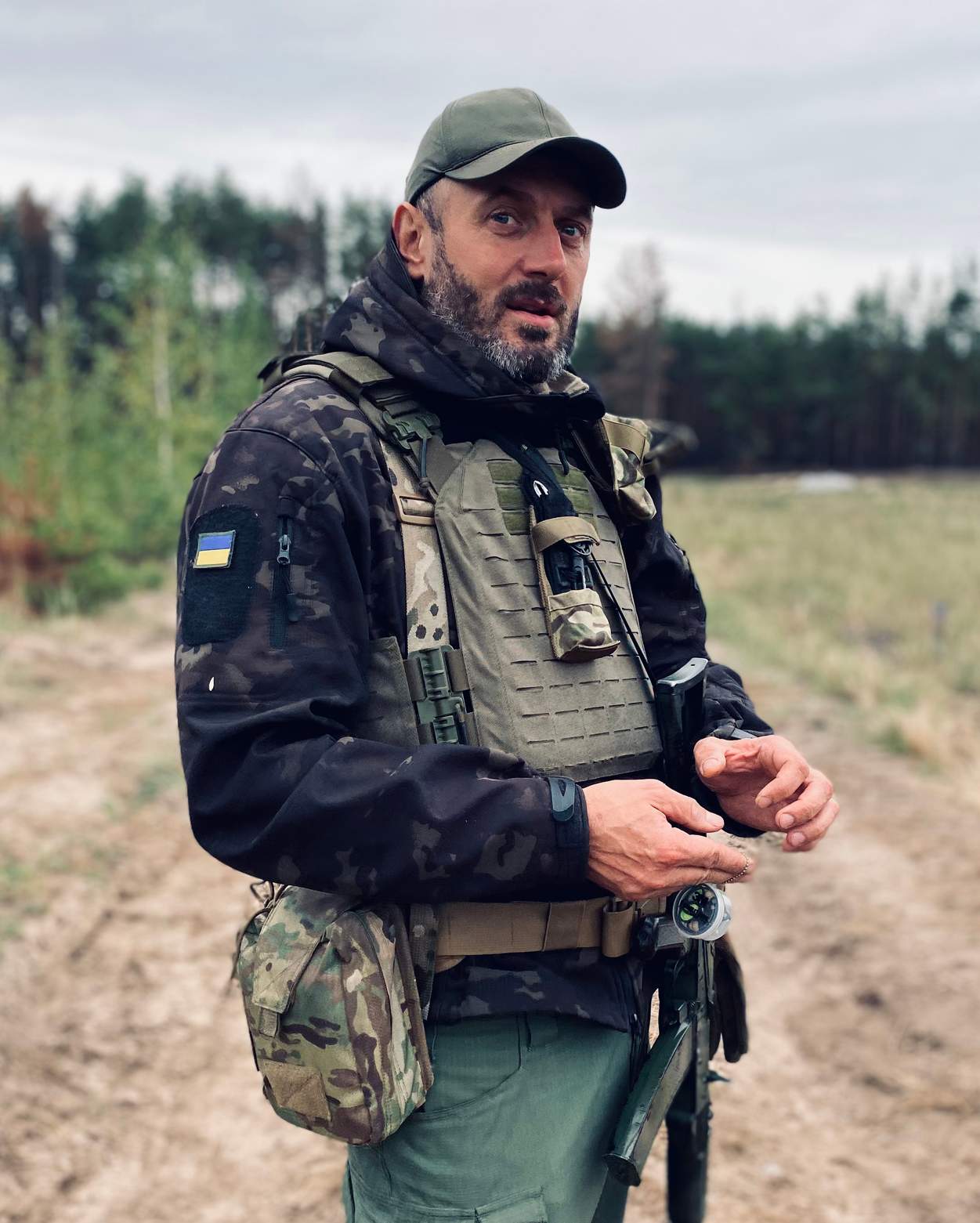
‘Archie’, architect/designer
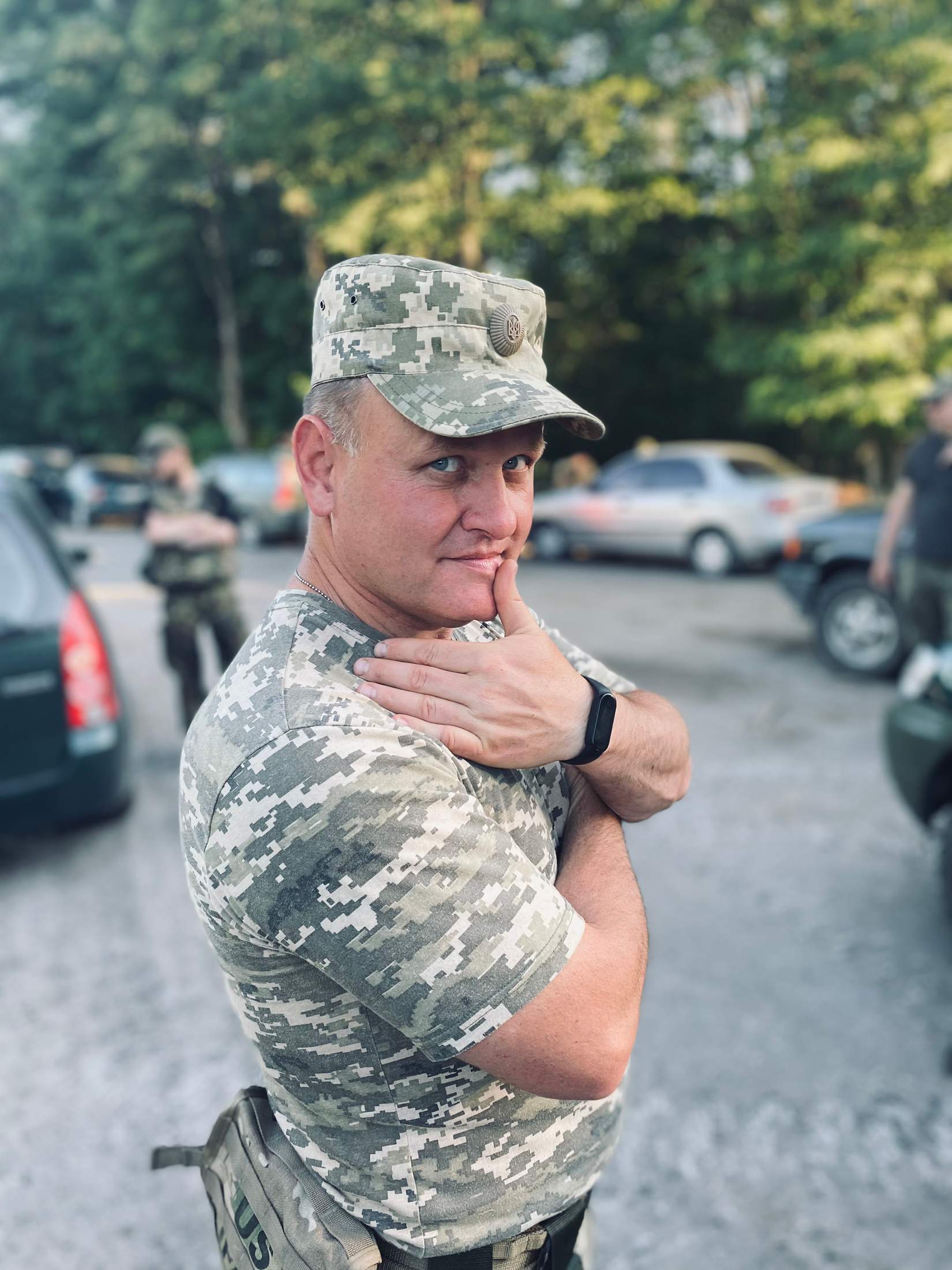
‘Docent’, university worker
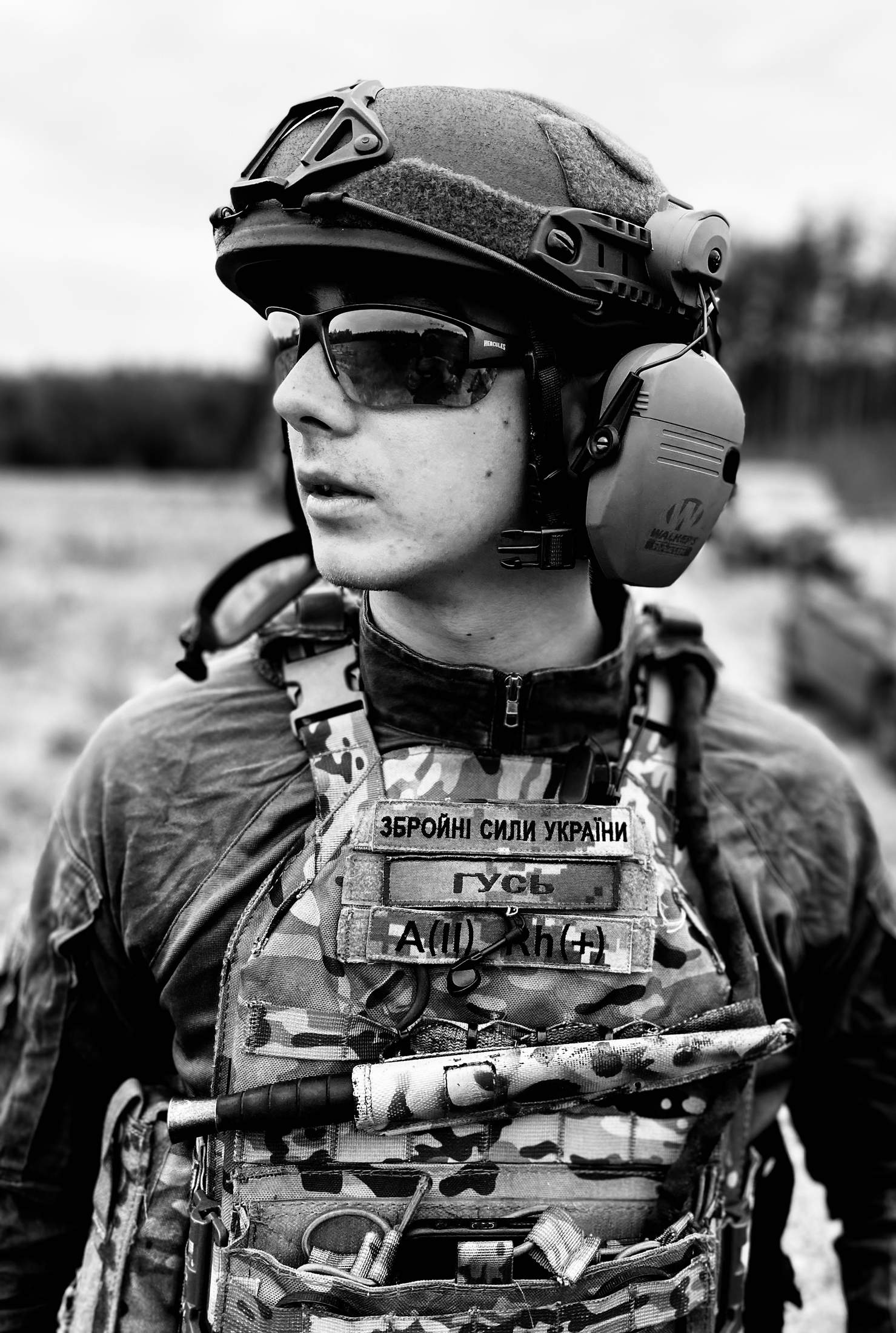
‘Goose’, shop manager
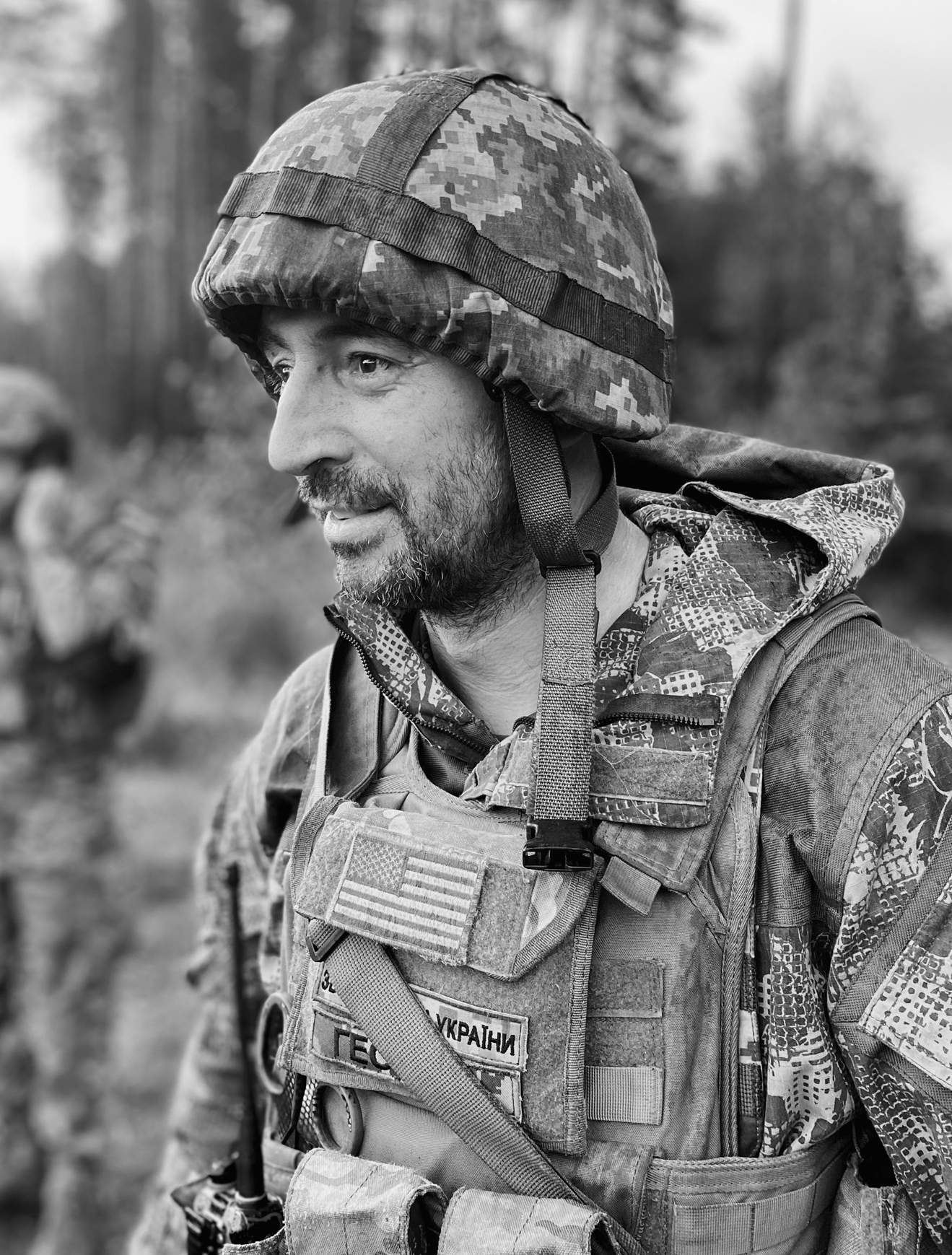
‘Geographer’, trucker
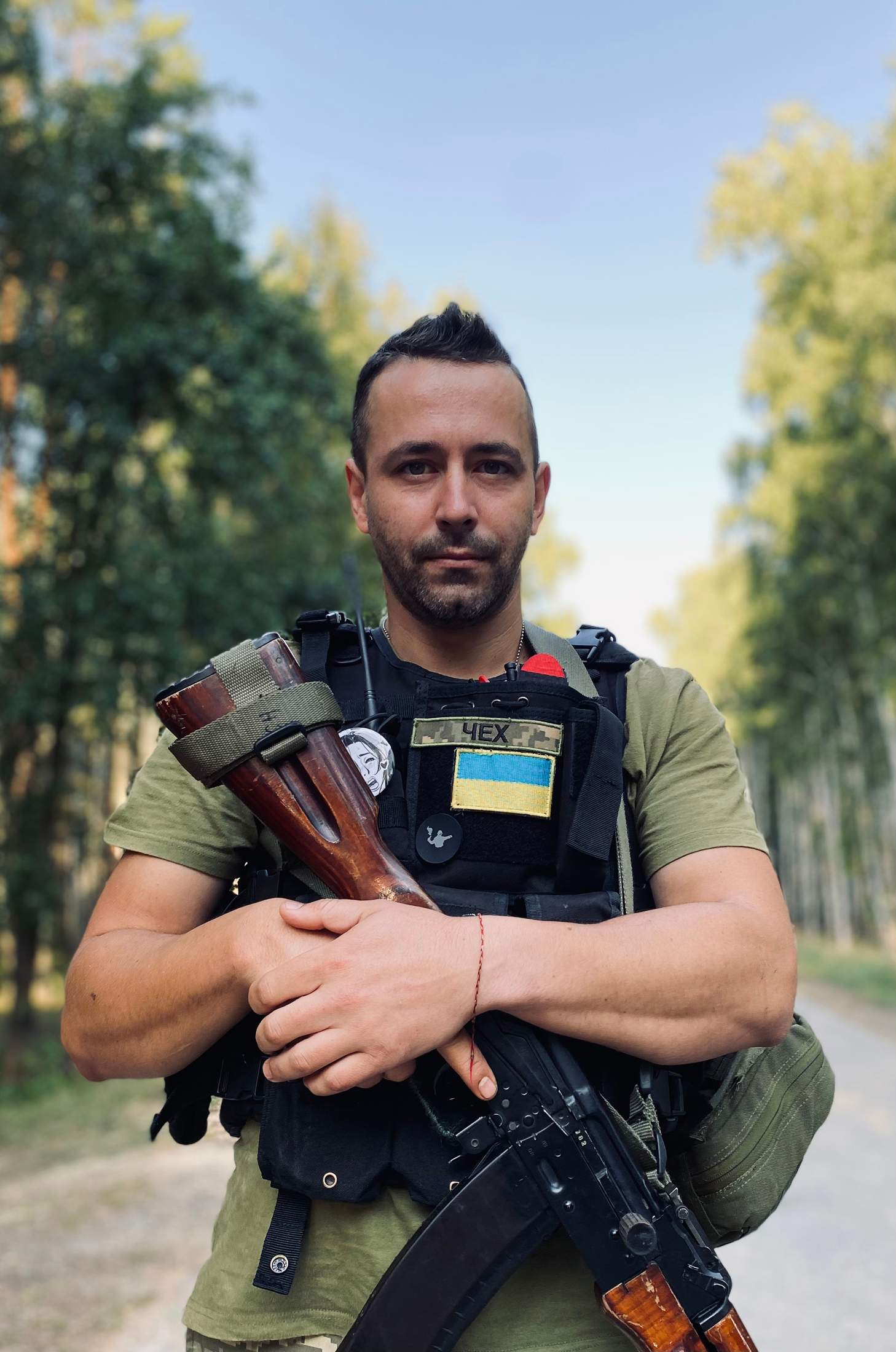
‘Chekh’, writer
Despite the president’s patriotic and fearless rhetoric, it seems that most Ukrainians are aware that the war won’t end in the coming months. The winter is ahead. According to forecasts it will be difficult and bloody. And, most likely, Ukraine will also spend 2023 in a state of war. I don’t have any firm predictions. Yes, there are various possible scenarios but as to how this war will end or indeed whether it will end at all, at the moment I have no idea.
Regarding the mood of people around me, I see many signs of an acceptance stage, not only of this war but the realisation that nothing will ever be the same again. No one doubts Ukraine’s victory and many plans are being formed in the “after victory” category. And yet there is a clear feeling that such a result will not be final: the geographical location of our country will never allow us to feel relaxed. Most likely we need to prepare for the Israeli scenario and tirelessly build our country’s defence systems. The thought of this no longer seems unbearably gloomy. Ukrainians have adapted to the war, millions of displaced persons have already returned home and even a new wave of shelling of large cities, in particular the capital, does not seem to have forced them to change their decision. With our fear receding, daily work on ourselves and the security of our country will come. Of course, the tragic deaths of innocent people, on whose houses Russian missiles and Iranian drones fall, do not add to optimism. We mourn our compatriots every day. But it is all the more important to bring the matter to an end, for the sake of the memory of the dead.
I cannot say that people are not frightened by the thought that Vladimir Putin is also going to fight to the end. The possibility of him using nuclear weapons seems quite real. We believe less and less that in the event of such a blow, our allies will be able to put him in his place hard and fast. How many red lines were crossed? And the West still hesitates about whether to permanently spoil relations with Russia. So despite all the gratitude to the allies, Ukrainians still feel alone in the battle. This forces us to make plans: almost everyone I know is preparing for possible nuclear attacks. Even my 12-year-old son, like all Ukrainian children, knows what actions he will take in the event that the impact is close but not so close that those actions won’t make sense.
With all these thoughts in mind, we approach the end of 2022. Do I expect a Christmas miracle? I’m too old for that. I only know that I will meet the new year in the army. I dream that the next one will be at home. I am also planning for “after victory” times and hope that these will come in 2023. What will they bring? Regime change in Russia? Victory at the front? Peace? I don’t know. All I want is to return home and continue writing, travelling, growing cucumbers and tomatoes, and making homemade wine.


